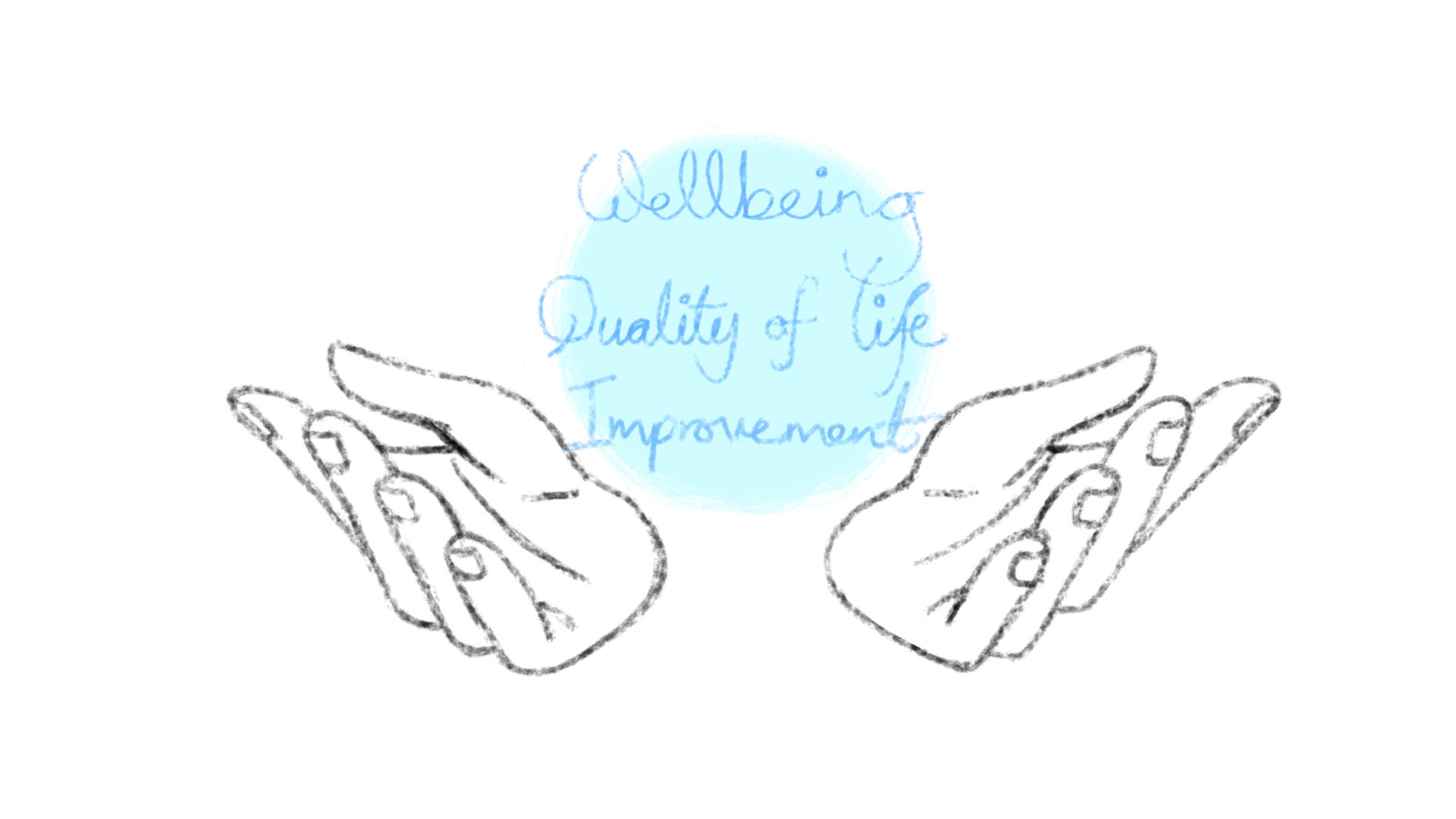In the intricate dance of human relationships, how we make each other feel is more than just a passing concern—it’s the essence of our interactions. We all play roles in the lives of those around us, but these roles aren’t static. They ebb and flow, sometimes transforming us into givers and, at other times, into takers. But the balance between these roles shapes not only our connections with others but also our own sense of self.
The Giver: A Source of Light
If you’re someone who finds joy in making others feel good, you likely see yourself as a giver. Givers are the ones who listen deeply, offer support without expecting anything in return, and genuinely find happiness in the happiness of others. They are the people who understand that true generosity is about more than just material gifts; it’s about giving time, attention, and empathy.
As a giver, you might not ask for much. Your satisfaction comes from knowing that you’ve made someone’s day a little brighter. You might be the friend who is always there, the colleague who offers help without being asked, or the partner who goes the extra mile to ensure their loved one feels cherished. Givers often radiate warmth and positivity, drawing people to them because of the comfort and care they provide.
But here’s the thing: being a giver can sometimes be a double-edged sword. It’s easy to fall into the trap of giving too much and neglecting your own needs. It’s crucial to recognize that while giving is a beautiful trait, it should not come at the expense of your well-being. Healthy relationships thrive on mutual respect and care, where giving and receiving are in harmony.
The Taker: Seeking Balance
On the other end of the spectrum, some of us might lean more toward being takers. Takers are often seen as those who receive more than they give. This isn’t necessarily negative—after all, we all need help at times, and asking for support is a vital part of any relationship. However, when taking becomes the default mode, it can strain relationships and leave givers feeling drained.
If you find yourself in the role of a taker, it’s important to ask yourself: Am I giving back enough? Takers may not always realize how much they are receiving, or they might assume that their gratitude is enough to sustain the relationship. However, relationships require more than just appreciation—they require reciprocity. It’s about being there for others just as they are there for you, even if it’s in different ways.
Finding the Balance
The truth is, most of us are a mix of both givers and takers. The key to healthy and fulfilling relationships is finding the right balance between the two. This balance allows us to be there for others while also taking care of our own needs. It’s about recognizing when to give and when to step back, when to offer support and when to ask for it.
Consider these questions: Do you listen as much as you talk? Do you offer help without waiting for someone to ask? Are you comfortable receiving help without feeling guilty? These reflections can help you better understand your role in your relationships and how you might need to adjust to create more balanced and nurturing connections.
The Joy of Giving and Receiving
Ultimately, whether you are more of a giver or a taker, the goal should be to cultivate relationships where both parties feel valued and supported. When you give, do so with a full heart, but also with the understanding that it’s okay to receive. When you take, do so with gratitude, but also with the intention of giving back in your own way.
Life is richer when we can make each other feel good, when we listen and support one another, and when we create spaces where giving and taking are in harmony. It’s not about keeping score, but about nurturing the connections that make life meaningful.
So, ask yourself: How do I make others feel? Am I someone who brings light to the lives of those around me, or do I sometimes forget to shine that light back on myself and others? In the end, the way we make each other feel defines not just our relationships, but the very essence of who we are.

